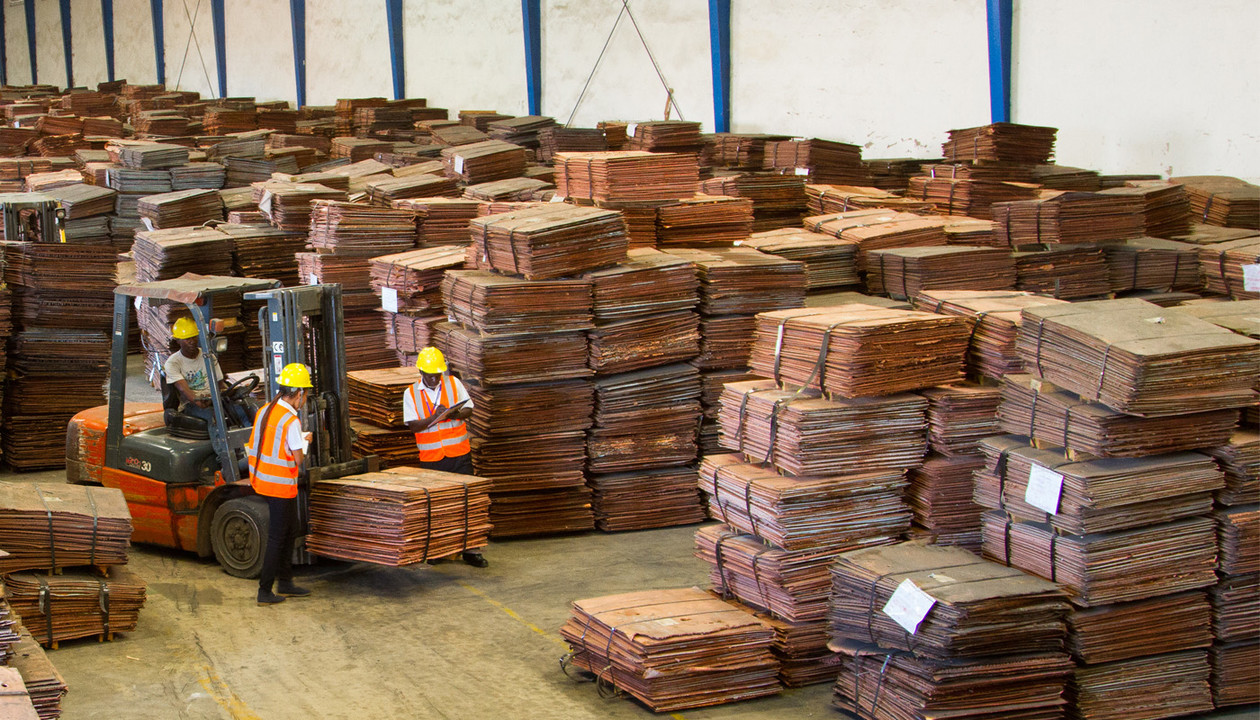Urgent action needed to combat illegal forest trade

Tanzania Forests Services Agency (TFS) conservation officer Reuben Magandi (second right) speaks to reporters in Bagamoyo over the weekend. PHOTO | COURTESY
What you need to know:
- Joint efforts are also important to trace the illegal transportation of resources and save endangered species from extinction in ecosystems
Bagamoyo. Innovative technology and an adequate approach from various stakeholders are required to combat illegal forest and wildlife trade crimes.
Joint efforts are also important to trace the illegal transportation of resources and save endangered species from extinction in ecosystems.
Tanzania Forests Services Agency (TFS) conservation officer Reuben Magandi said recently a container in transit from the DR Congo to China was seized by customs at Dar es Salaam port.
The container was found with more than 300 logs of rose wood declared as copper cathodes.
In 2022, 27 containers of logs were detained at Dar es Salaam.
They were being transported without legal documents from Zambia.
Similarly, in October 2022, the Dar es Salaam Joint Port Control Unit (JPCU) and JPCU Zanzibar, in collaboration with the World Customs Organisation (WCO) and the United Nations Office on Drugs and Crime (UNODC), detained 8.40 ft containers that were said to contain logs transported from the DR Congo.
They had expired CITES licences and an unendorsed CITES permit that were not recognised in the database.
He made the remarks during a training for journalists, which is part of Tuhifadhi Maliasili (Preserve Natural Resources), a project supported by USAID and implemented by the Journalists’ Environmental Association of Tanzania (JET).
Mr Magandi explained that they have been conducting various methods to tackle illegal forests and wildlife, but traffickers are also coming up with their own techniques.
“By implementing new approaches, technologies, and methodologies, custodians and rangers can become more efficient, effective, and resilient in their conservation efforts, ultimately contributing to the long-term sustainability of our environment,” he said.
According to him, a multi-agency approach and, in some cases, the use of military forces can contribute to preventing and combating forest crime.
It is therefore essential to carefully balance enforcement measures with community engagement, address root causes, and ensure accountability and a transparent legal framework.
Tanzania’s seaports, especially Dar es Salaam and Zanzibar, are highly vulnerable to wildlife trafficking. In the forest, 22 containers of rosewood originating from Madagascar were impounded.
Speaking on why it is important to talk about elephants and illegal wildlife trade, USAID Tuhifadhi Maliasili, Natural Resources Management Policy Lead, Allen Mgaza told The Citizen that no one can talk about wildlife crime without mentioning elephants due to their uniqueness.
“Elephant is the largest land-living animal that helps the existence or survival of other animals in the ecosystem, and it clears away brush and excess foliage, reducing potential kindling for future wildfires and creating paths that act as natural fire breaks,” he said.
Besides that, elephants have been poached over years and years due to their ivories, adding that the illegal wildlife trade is a big challenge not only for elephants but also for other various wild animals, including pangolins.
Traffickers are strong syndicates and use a lot of money and corruption to transport wildlife; therefore, collaborative efforts are required to combat wild trade.




